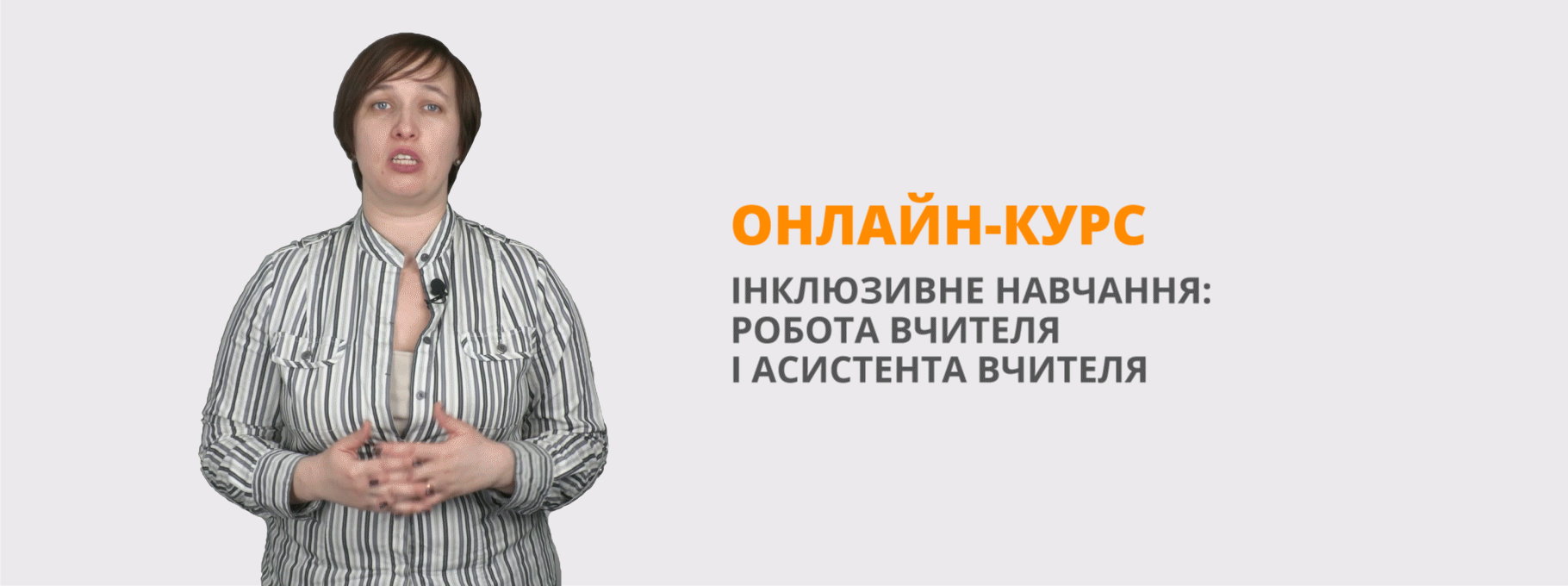Lapbook "Environment"
Earth song
What about sunrise
What about rain
What about all the things
that you said
We were to gain
What about killing fields
Is there a time
What about all the things
That you said were
yours and mine
Did you ever stop to notice
All the blood we've shed before
Did you ever stop to notice
This crying Earth,
these weeping shores
What have we done to the world
Look what we've done
What about all the peace
That you pledge your only son
What about flowering fields
Is there a time
What about all the dreams
That you said was
yours and mine
Did you ever stop to notice
All the children dead from war
Did you ever stop to notice
This crying earth,
these weeping shores
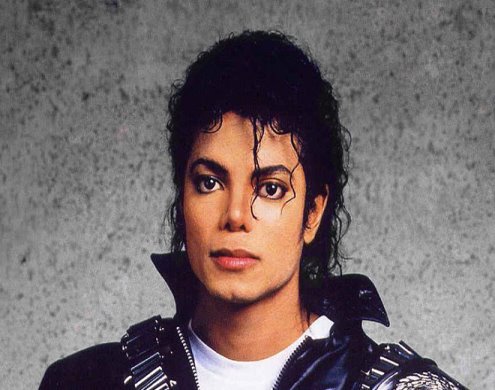
Genetic Modification of Crops Climate Change Polar Ice Caps
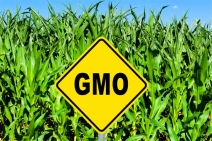
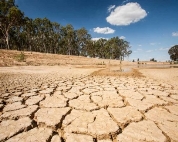
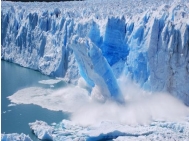
Transportation Natural Resource Use Waste production

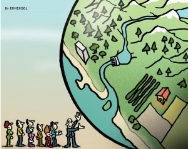
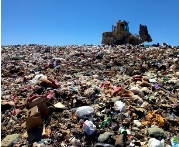
Air Pollution Ocean Acidification Ozone Layer Depletion
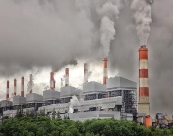
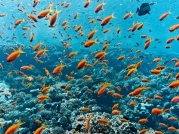
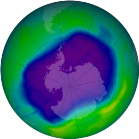
Acid Rain Overfishing Urban Sprawl
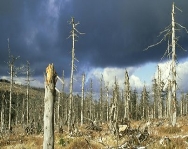
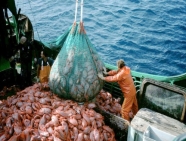
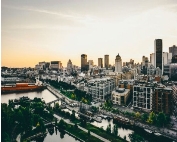
Deforestation Water Pollution Population Growth
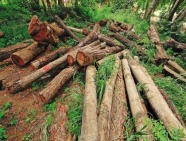
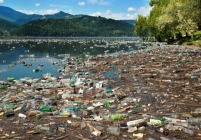
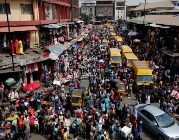
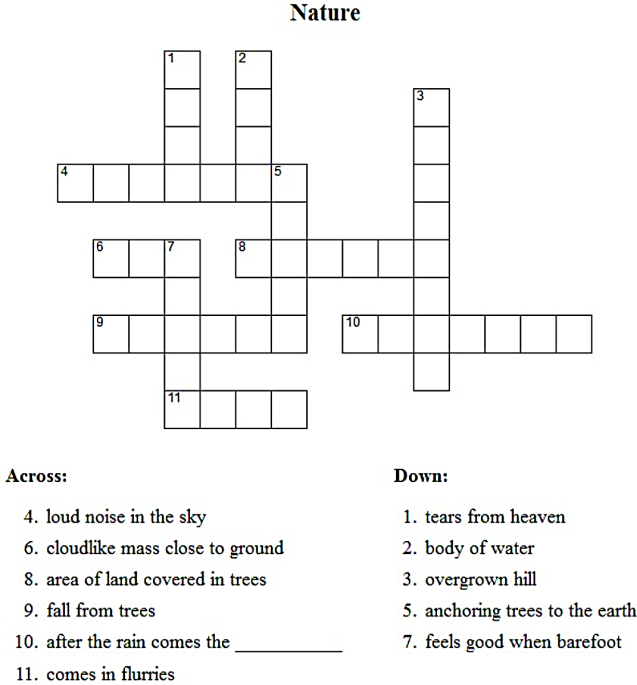
Nature riddles
I am the black child of a white father, a wingless bird, flying even to the clouds of heaven. I give birth to tears of morning in pupils that meet me, even though there is no cause for grief, and at once on my birth I am dissolved into air. What am I?
I reach for the sky, but clutch to the ground; sometimes I leave, but I am always around. What am I?
I’m something that is sticky
I’m something that is sweet
I’m made by more than one bee
I’m something that you eat
I can be sparkling but I’m not a star
I can run but I don’t have any legs
I can fall but I don’t get hurt
I’m found in a bath but I’m not a rubber duck
I can help you clean but I’m not soap
I am something that’s so small
Lots of me fits on a teaspoon
You can see me on a beach
And I am what makes up a dune
I’m black and white but I’m not a newspaper
I have stripes but I’m not a prisoner uniform
I have a unique pattern but I’m not a barcode
I have four legs but I’m not a skunk
I’m part of the horse family but I’m not a donkey
I have blades but I’m not a fan
I get cut but I’m not hair
I get walked on but I’m not carpet
I’m green but I’m not a frog
I’m in your yard but I’m not a flower
Problems in Ukraine
The most terrible ecological problem of Ukraine is Chornobyl. The effect of Chornobyl disaster is dangerous and tragic, because we don’t know up to the end all the consequences of radioactive contamination. According to UN reports, approximately one million people were exposed to unsafe levels of radiation through the consumption of food.
Ukraine is one of the European leaders in amber stock. Ukrainian companies with state licenses for amber mining annually extract about four tons of this mineral. But in reality, this is only a small percentage of real amber production in Ukraine. Much more of it is digested by scavengers on illegal craft, which the state knows, but which does not control.
The deterioration of forests in Ukraine today is one of the greatest environmental problems. Except that we are almost the largest exporter of wood in Europe, in poultry centers regularly working in green zones, cutting off logs and selling them illegally. Among the main reasons for the people to illegally cut down the forest are unemployment and low living standards.
In conclusion, we can say that the ecological situation remains extremely complex, the burden on the environment is increasing. Contamination and depletion of natural resources continue to threaten public health, environmental safety and economic stability of the state. All you can do is start with yourself. Bring your garbage home. Speak against deforestation. Fight for your amber.
Game
![]()
![]()
![]()
![]()
![]()
![]()
![]()
![]()
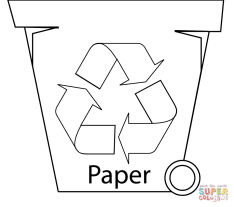






Words for the game: (sort out the rubbish)
|
Apple |
Apple |
Glass |
Fork |
Watermelon |
Bottles |
|
Mulch |
Packaging |
Garbage bags |
Toys |
Steel |
Piping |
|
Foil |
Doors |
Window frames |
Carpets |
Blankets |
Padding |
|
Toys |
Sewer lids |
Jars |
Bulbs |
Tires |
Auto hoses |
|
Newspapers |
Paper boxes |
|
|
|
|
Envelope for words
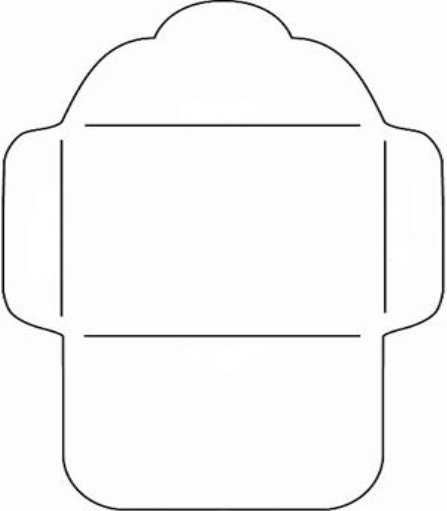 Pockets for riddles
Pockets for riddles
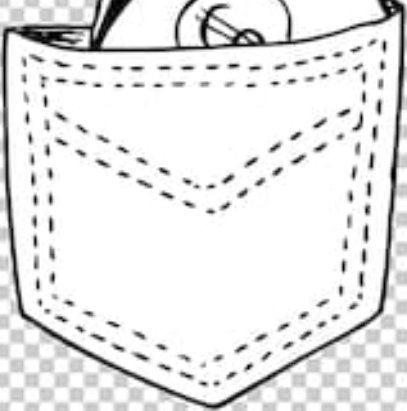

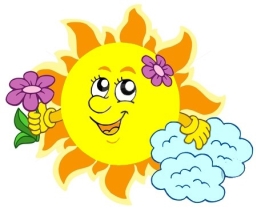
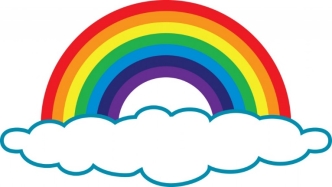

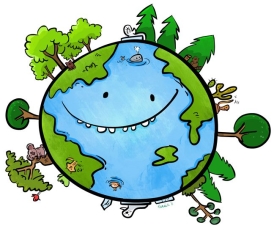
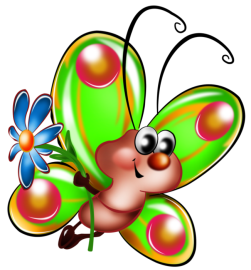
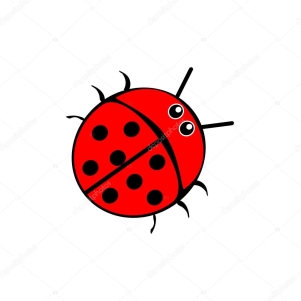
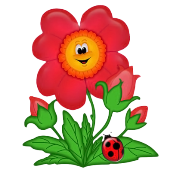
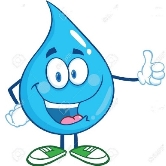

Flower for pupils to make up if-sentences

A decision tree for pupils to find out solutions to environmental problems
(group work). What to do to save nature?
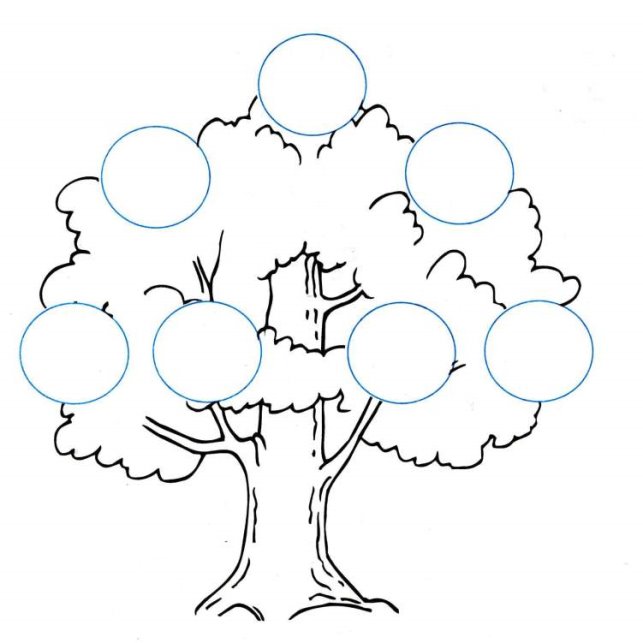
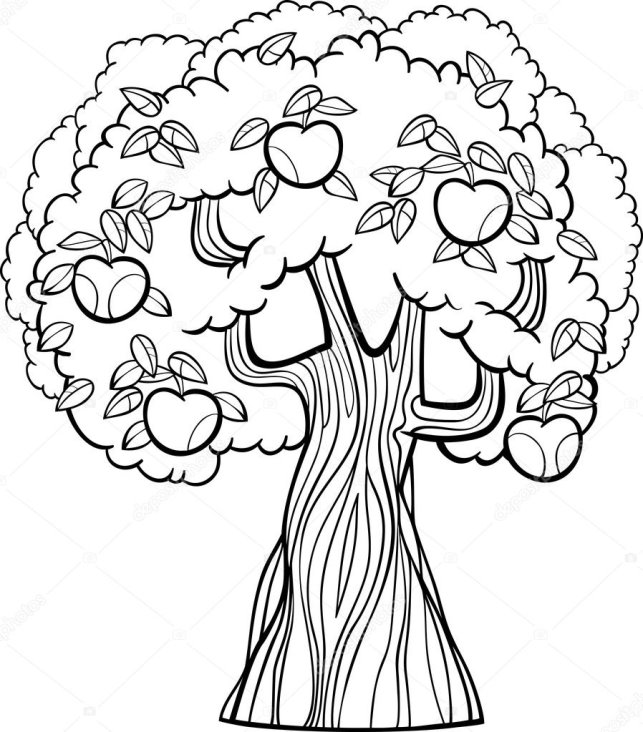
Environment
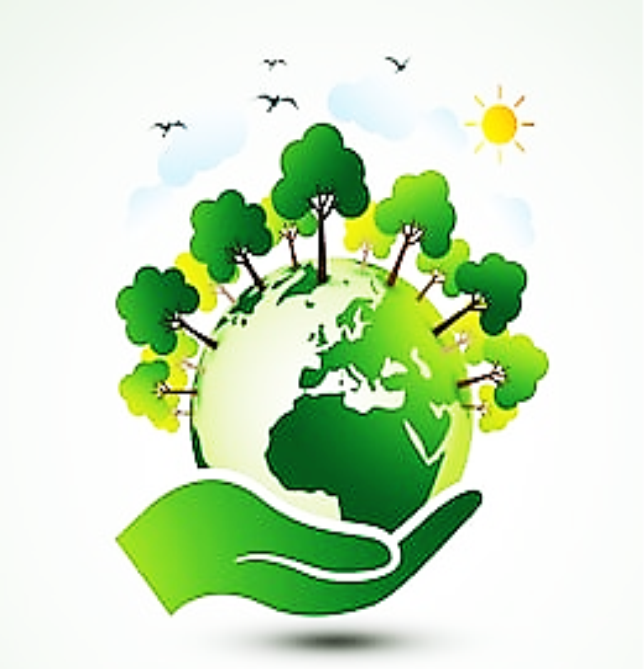

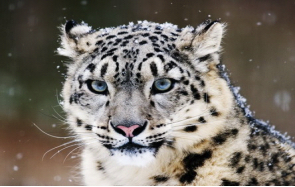 Factfile: Snowy Bars (Snow leopard).
Factfile: Snowy Bars (Snow leopard).
Habitat: Asia, Tibet, Baikal, Afganistan
Description: a large cat of mammalia
Food: Mice, birds.
Young animals are called: lrbis.
Their appearance: White fu with black spotsr, long tail.
Length of life: 15-18 years.
Why they are endangered: They`re killed, because the fur is very expensive. lt costs 60000 dollars.
What is done to protect them: The government of states creates a forfeit if a person killes a snow leopard.

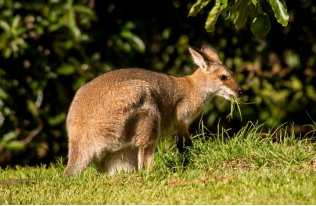
Factfile: Australian kangaroo.
Habitat: Australia, soft beaches, land.
Description: Male, 9ft; Female: 4,9ft; 65kg.
Food: Grasses, flowers, leaves.
Young animals are called: Joeys.
Their appearance: large legs, long muscular tail, small head.
Length of life: 8-12 years in the wild and up to 20 in captivity.
Why they are endangered: There are lots of species and mainly only they are endangered. Because of deforestation and less wild territories.
What is done to protect them: serious ecology programme, creation of the reserve territories.

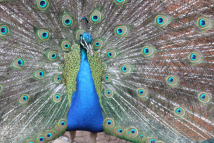 Factfile: African Peacock.
Factfile: African Peacock.
Habitat: Africa.
Description: they have a wonderful color, weight 4kg.
Food: eat corn, insects and fruits.
Young animals are called: peacock.
Their appearance: they have very good feathers especially when they are outside the tail.
Length of life: 20 years.
Why they are endangered: because their feathers are good and people use it to decorate their clothes, and also peacocks are killed for their meat.
What is done to protect them: they are protected .

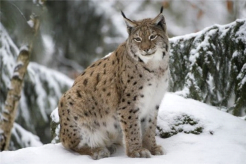 Factfile: lynx.
Factfile: lynx.
Habitat: forests in northern hemisphera.
Description: body length 80-130sm, weight 17-25 kg.
Food: racoons, fox, roe deer and rabbit.
Young animals are called: rizenyatko.
Their appearance: big and fluffy paws, colour from red to dark brown.
Length of life: 15-20 years old.
Why they are endangered: depletion of the feed based on poaching shooting and degradation of habitats.
What is done to protect them: preservation of forest and fighting against poaching.

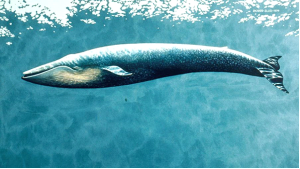
Factfile: Blue whale.
Habitat: Pacific ocean, Bering sea.
Description: 26-27 meters, 130 tons.
Food: plankton, crayfish.
Young animals are called: whales.
Their appearance: the body is huge
Length of life: 80-90 years.
Why they are endangered: because people kill whales to get their meat and fat.
What is done to protect them: the seas that entered the ocean are protected


Factfile: Brown bears.
Habitat: in the Carpathians.
Description: tail short 6,5-21cm. The paws are strong.
Food: berries, fish, honey, hare, deer.
Young animals are called: bear.
Their appearance: wool is thick, small ears and eyes.
Length of life: forty - five.
Why they are endangered: bears are used in circuses, kept as entertainment.
What is done to protect them: make a wildlife preserve for brown bears.
 Factfile: Hepard.
Factfile: Hepard.
Habitat: deserts and savannahs with even relief.
Description: body length from 1,23m to 1,5m, weight 40 to 65-70kg.
Food: hunt animals: zebras, gazelles.
Young animals are called: little hepards.
Their appearance: length of tail 63-75cm, black cheetah`s is a yellowish color spattered with black spots.
Length of life: 20 years.
Why they are endangered: because of hunting on them.
What is done to protect them: they are protected by animal activists and their life is controlled at the reserves and national parks.

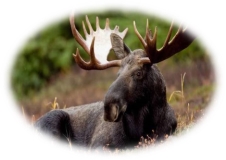
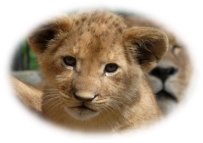
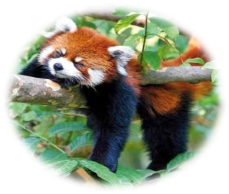
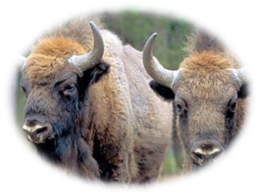
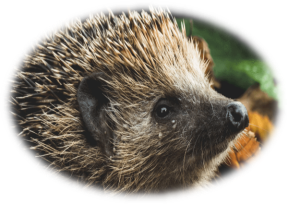
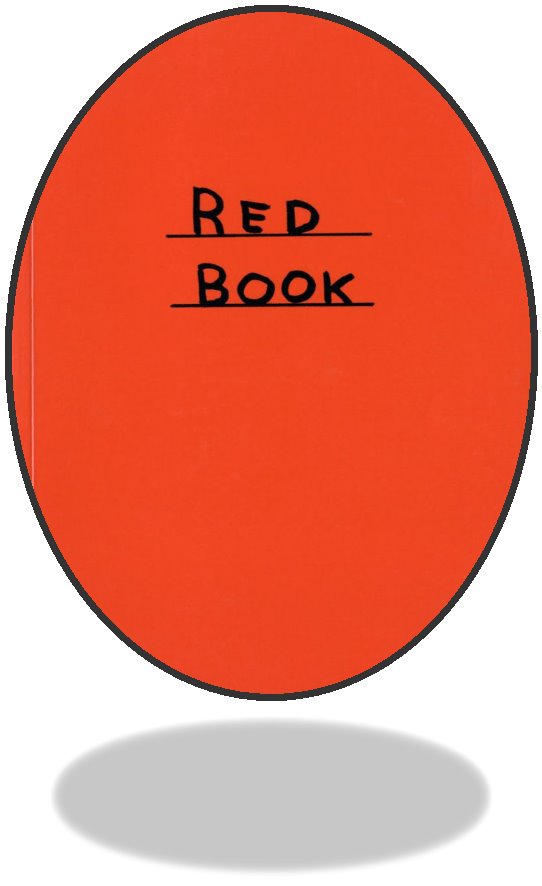
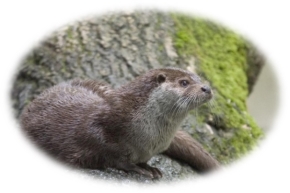


про публікацію авторської розробки
Додати розробку
